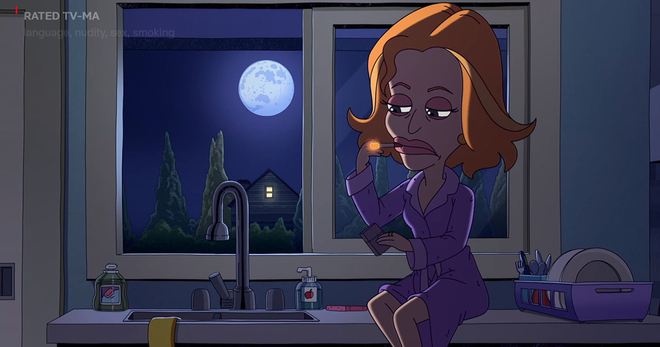How Twitter can help de-normalize menthol cigarettes
Menthol cigarettes and Twitter share something in common: their users are more often racial minorities, youth and young adults. Because of that, researchers turned to the social network to learn more about how menthol is perceived—information that could help guide public education efforts.
Researchers from Truth Initiative®, the University of Chicago and the University of North Carolina analyzed a random sample of 7,000 tweets from a set of almost 100,000 relevant to menthol over a one-year period from 2012 to 2013. The results, published in the Journal of Medical Internet Research, reveal some insights into public perceptions of menthol cigarettes.
66%
66 percent of tweets by likely smokers expressed positive sentiment toward menthol cigarettes
Positive tweets: from pop culture to medicinal misperceptions
More tweets (48 percent) mentioned menthol cigarettes positively than negatively (40 percent). The majority of tweets (66 percent) by likely smokers were positive about menthol. Positive menthol tweets were most often about addiction or craving, marijuana, smoking, taste or sensation, song lyrics and the tobacco industry or marketing.
Nearly 17 percent of the tweets mentioned song lyrics or pop culture references, such as the “Chappelle’s Show” segment “Why do black people like menthol cigarettes?” Over 16 percent referenced marijuana, including smoking a menthol cigarette to enhance the high of smoking marijuana, and some tweets referenced menthol cigarettes as having medicinal use when sick (e.g., “Menthol cigarettes are my savior with this cold”).
“Misperceptions of menthol cigarettes having medicinal effects are prevalent, and positive linkage with marijuana is common,” said Shyanika W. Rose, research investigator at the Schroeder Institute® for Tobacco Research and Policy Studies.
Negative tweets: quitting, health and stereotypes
Nearly all tweets from former or nonsmokers referenced negative sentiments toward menthol cigarettes. Specifically, 91 percent of nonsmokers and 72 percent of former smokers referenced negative views toward menthol cigarettes. Quitting smoking and health were common topics among unfavorable menthol tweets, as were sentiments toward African-Americans, women and youth smoking, “largely due to expression of negative stereotypes associated with these groups’ use of menthol cigarettes.”
Although African-Americans are historically targeted with menthol marketing, “…this negative sentiment seems to be driven by negative stereotypes about African-American smokers rather than by rejection of the targeted marketing of menthol cigarettes to African-Americans,” Rose said.
Menthol, a cooling chemical compound that makes cigarettes easier to smoke and harder to quit, was left out of a Food and Drug Administration ban on characterizing flavors in cigarettes in 2009. Previous research estimates a ban on menthol cigarettes in the U.S. would prevent over half a million deaths by 2050. Truth Initiative and other advocates have called on the FDA to ban menthol flavoring from all tobacco products.
According to Rose: “De-normalizing menthol cigarette use, particularly for African-American smokers, could ultimately save lives.”
Key takeaways
More tweets (48 percent) referenced menthol cigarettes positively than negatively (40 percent)
91 percent of nonsmokers indicated negative views toward menthol cigarettes
66 percent of tweets by likely smokers expressed positive sentiment toward menthol cigarettes
More in tobacco in pop culture
Want support quitting? Join EX Program
By clicking JOIN, you agree to the Terms, Text Message Terms and Privacy Policy.
Msg&Data rates may apply; msgs are automated.



